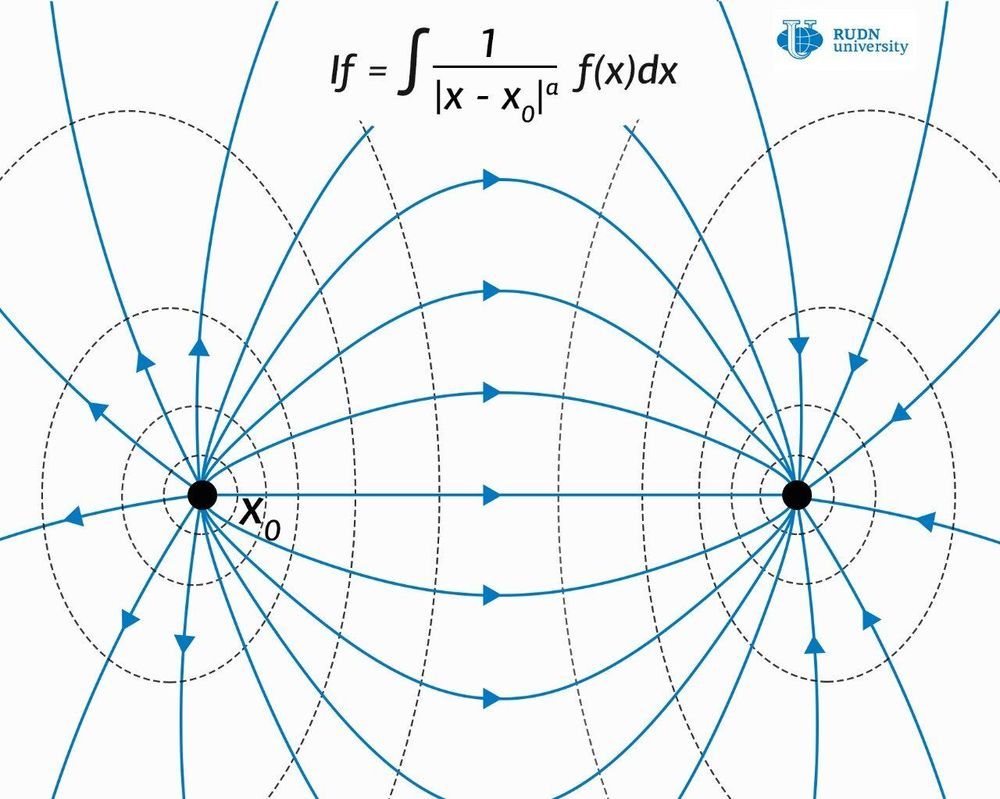Human intelligence is not linear. Machine intelligence can be summed up in three words; efficiency, efficacy and trade off. The more we automate human thinking, the less we need humans. Get it?
From the subtle advancements in technology to the birth of SKYNET!!!! Join us as we explore facts about the Technological Singularity.
11. What is the Technological Singularity?
What’s that? You don’t know what it is? No worries, it is a pretty scientific term.
To quote Wikipedia, the Technological Singularity, “is a hypothetical future point in time at which technological growth becomes uncontrollable and irreversible, resulting in unfathomable changes to human civilization.“
What’s more, this is NOT a new theory or idea. And it honestly wasn’t proposed by various sci-fi movies. In fact, it was proposed by a book in 1993 via Vernor Vinge in The Coming Technological Singularity. What’s more, while this may seem like a “sci-fi future”, there are many who actually believe that not only will this come, but it could come to bear as soon as 2050.
10. Where Are We Now In The Technological Singularity?
To fully understand how the Technological Singularity could happen, we need to understand where we are as a society that could lead us to the Technological Singularity future that many fear.
9. Intelligence Boom
The key word here to note is “IntelligenceBoom”. No, I don’t mean like our own brains exploding (that would be bad…), but rather, an boom of potential via Artificial Intelligence. This is one of the potential “outcomes” of a Technological Singularity.
Think of it like this. Every generation of computer we make is technically better than the next, right? The difference between what we do and what an Intelligence Boom is, is that the A.I. is the one “making” the next generation. That’s a scary thought, huh? And that’s actually a reason why many are opposed to the research on super-intelligent (and always evolving) A.I’s. This included the late Stephen Hawking and current eccentric Billionaire Elon Musk. They feel that humanity will be doomed because of A.I’s. Whether it be through Intelligence Boom, or something of our own making.
8. Making A “Better Tomorrow“
There is another way that many dispute the Technological Singularity will come via A.I. and that’s simply by creating an A.I. ourselves that goes far beyond what we intended it to be. Which may not be as far-fetched as you might think.
If I were to say the names Alexa, Siri, and Watson, you’d recognize them as various machines with various intelligence, right? Well technically, they’re all A.I., just with different levels of intelligence. Siri came first and could react to certain things on your iPad or iPhone. Some think that we are very close to that point. Including a man named Ray Kurzweil, who believes that we could be at the Singularity point by 2045 at the earliest.
7. The Predictions Of Ray Kurzweil Part 1
If you’re not familiar with ray kurzweil, you honestly should read up on him, he’s not just another guy predicting the end of civilization, he’s actually an engineer at Google, and sees himself as a Futurist. One who has made predictions in the past about technologies advances with accuracy.
6. Robotics
When you think of the “future” that humanity “wants” and that various sci-fi and movies have “predicted”, the obvious things you see are robots and people with robotic appendages. Let’s look at robots first. The Technological Singularity notes that as robots get more advanced, humans will become less and less important. All part of the “A.I. Overlord” scenarios if you will. Then again, WE could be the robots, not unlike another robotic race with brilliant intelligence: The Borg.
5. Artificial Limbs and Cyborgs
One of the biggest and most worrying things about a person in regards to their life is the chance that they could lose a limb. The loss of a limb is something that cannot be overcome simply.
4. The Predictions Of Ray Kurzweil Part 2 ( ray kurzweil 2019)
But again, the question becomes, “How far are we from that future?” If Ray Kurzweil is to be believed, not as far as you think. For he believes a key part of the singularity will come in 2029, a mere decade in the future.
3. 2049
By 2049, humanity has become so intertwined with technology that it’s hard to tell what’s real, and what’s not. For example, there are machines in this time period according to Kurzweil that can literally make just about anything the user wants. They’re called Foglets, and they literally are around every person on Earth. They can make food so good you’ll swear it’s “natural” even though it’s not.
2. Skynet
Yep, that’s the “nuclear option”. The notion that we as humans make a technology or intelligence so powerful that it realizes one day that humanity…is actually inferior to it. To which, it’ll go to extreme lengths in order to make sure that humanity is wiped off the face of the Earth.
1. Will The Technological Singularity Happen?
That is the question, isn’t it? is Judgment Day inevitable?



